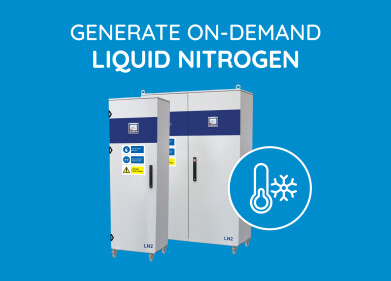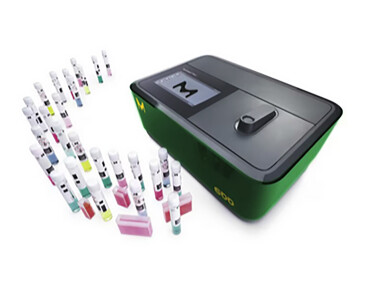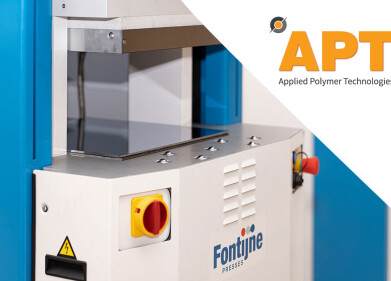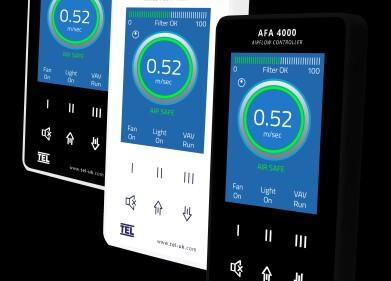Laboratory products
Single-Embryo Gene Expression
Feb 23 2010
Fluidigm Europe has released a new Research Spotlight paper entitled ‘Single-embryo gene expression for early embryo development’ that reports upon the pioneering work of Dr Mylene Yao and her fellow researchers at Stanford University.
Scientists around the world are looking at how to reprogramme a highly differentiated somatic cell into a pluripotent embryonic stem cell-like cell. The new Research Spotlight paper describes how the Stanford scientists focused their research efforts on investigating the role of Oct4, a pluripotency regulator in embryonic stem cells. To find out what the Oct4 pluripotency regulator does at the one- to two-cell stage, the researchers undertook Gene Expression Analysis on 42 different genes using Fluidigm’s BioMark™ System for Genetic Analysis and then used Fluidigm’s 48.48 dynamic array integrated fluidic circuit to validate differential gene expression between knockdown and control samples.
The Stanford University researchers found that Oct4, the master regulator of embryonic stem cell pluripotency, also has critical functions during reprogramming of the early mammalian embryo. The researchers acknowledge how the consistent, high quality single embryo data has allowed them to identify genes that are consistently differentially regulated and to find rare outlier embryos expressing unique transcriptomes.
Prior to using the BioMark high throughput system, which can test as little material as a single cell against 96 genes, the group used conventional RT-PCR practices. The results from these techniques were limited as the methods used samples comprised of pooled cells or embryos, generating relative gene expression that represents an average of all cells assayed. Additionally using conventional techniques the Stanford researchers had not been able to discern between genes that are consistently differentially regulated versus those with a tendency towards stochastic changes or identify rare embryos. The reseachers concluded what they had accomplished on the BioMark system in three weeks would take more than nine months to accomplish with conventional PCR methods.
Digital Edition
Lab Asia 31.6 Dec 2024
December 2024
Chromatography Articles - Sustainable chromatography: Embracing software for greener methods Mass Spectrometry & Spectroscopy Articles - Solving industry challenges for phosphorus containi...
View all digital editions
Events
Jan 22 2025 Tokyo, Japan
Jan 22 2025 Birmingham, UK
Jan 25 2025 San Diego, CA, USA
Jan 27 2025 Dubai, UAE
Jan 29 2025 Tokyo, Japan



















